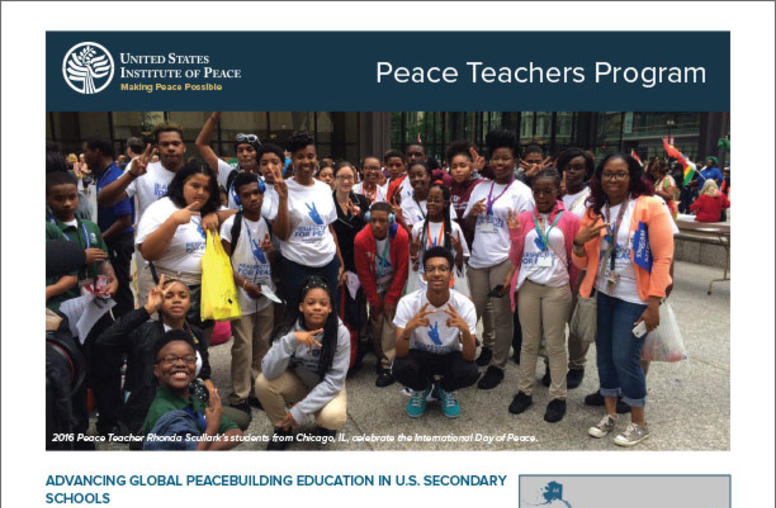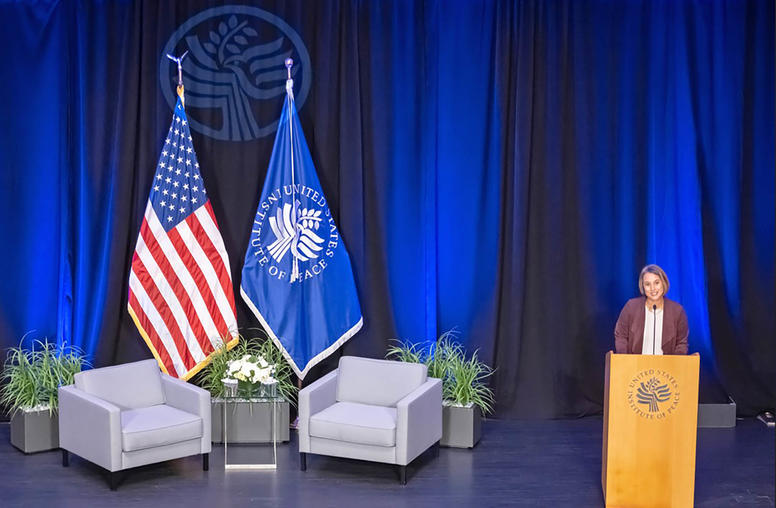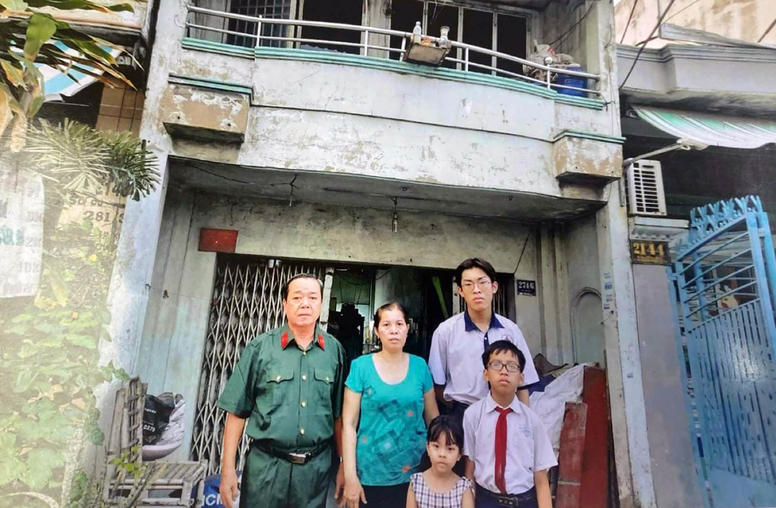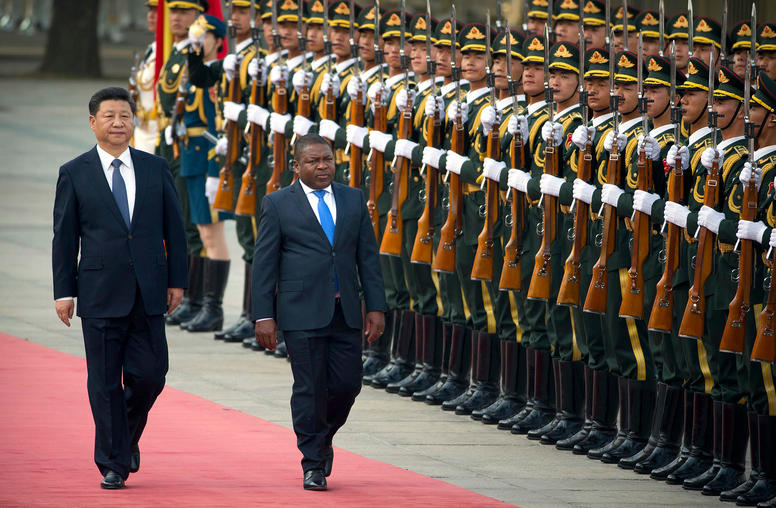Ted Feifer and Skip Cole of the Institute’s Education and Training Center/ International conducted a one-day workshop for a multi-region group sponsored by the State Department’s International Visitor Leadership Program in Washington, January 11, 2008, on the “Responsibility to Protect.” This concept explores the responsibility of the international community when states fail to fulfill their sovereign responsibilities to their citizens.
Ted Feifer and Skip Cole of the Institute’s Education and Training Center/ International conducted a one-day workshop for a multi-region group sponsored by the State Department’s International Visitor Leadership Program in Washington, January 11, 2008, on the “Responsibility to Protect.” This concept explores the responsibility of the international community when states fail to fulfill their sovereign responsibilities to their citizens.

The 14 visitors came from Cambodia, Dominican Republic, Hungary, India, Israel, Kenya, Lebanon, Montenegro, Morocco, Nigeria, and Pakistan. The participants were civilian and military government officials, academics, non-government organization members and peace activists.
The workshop reviewed the process of problem solving, and conducted a simulation involving operational and policy challenges in a scenario of a massive humanitarian crisis during a fictional internal conflict. Participants played the roles of UN political and military officials in the field, UN headquarters officials, UN functional organizations, and international non-governmental organizations.

Participants termed the experience of dealing with a stressful and dynamic conflict both challenging and productive. One noted: “we were all transformed into actors.” Another pointed to the realism of the scenario, and the possibility that something similar could happen in his own country. Many noted the difficulties of the well intentioned in moving fast enough to have an impact on a constantly changing and deteriorating situation. One participant summed up the workshop by saying: “it was a great learning experience which enabled us in diverse ways to experience a worst case situation.”



